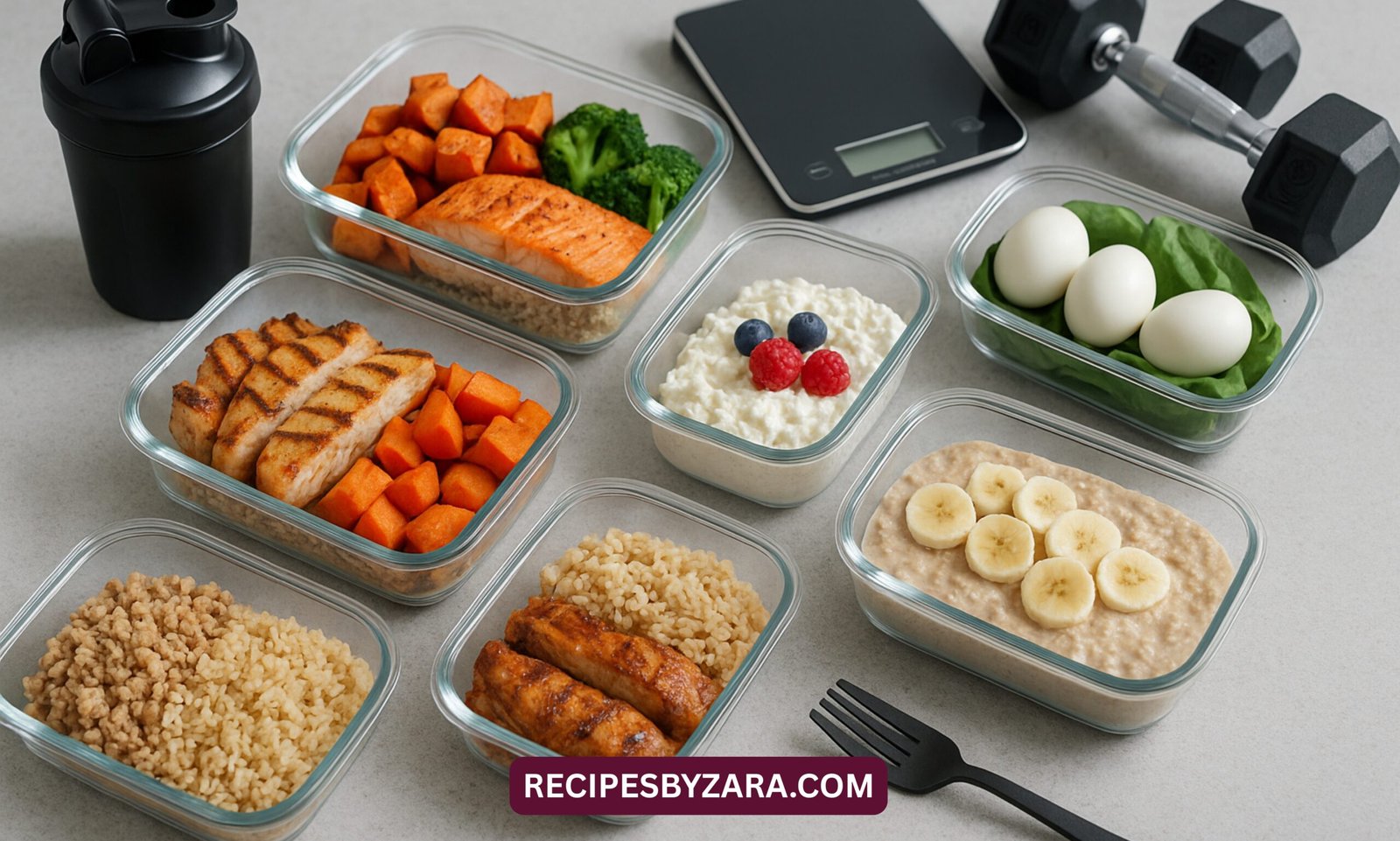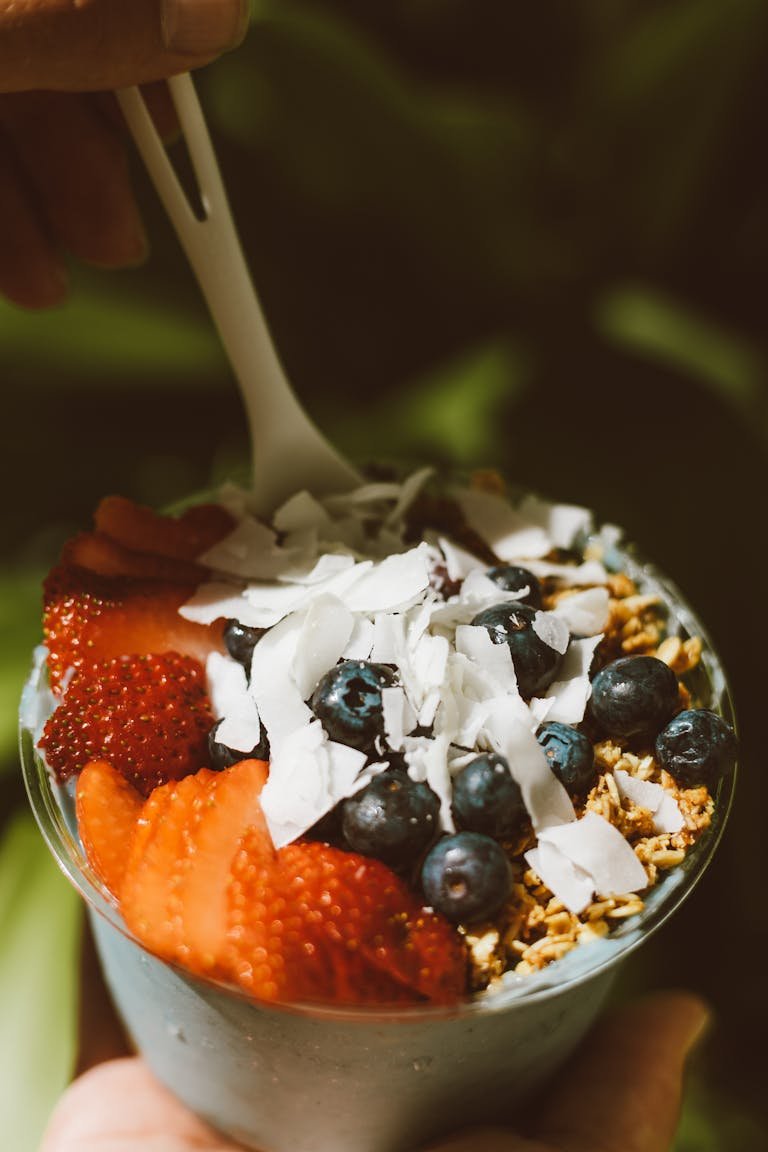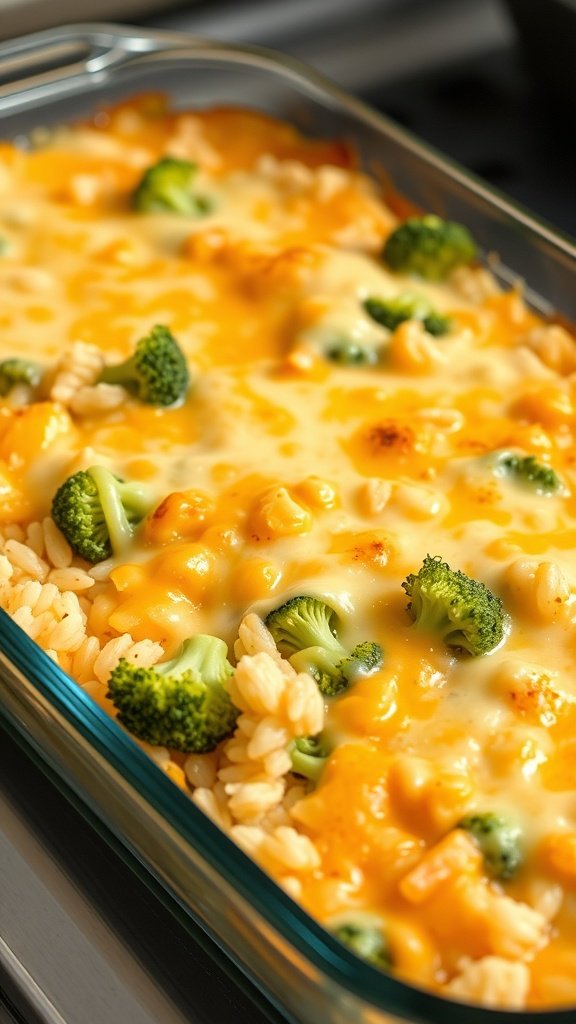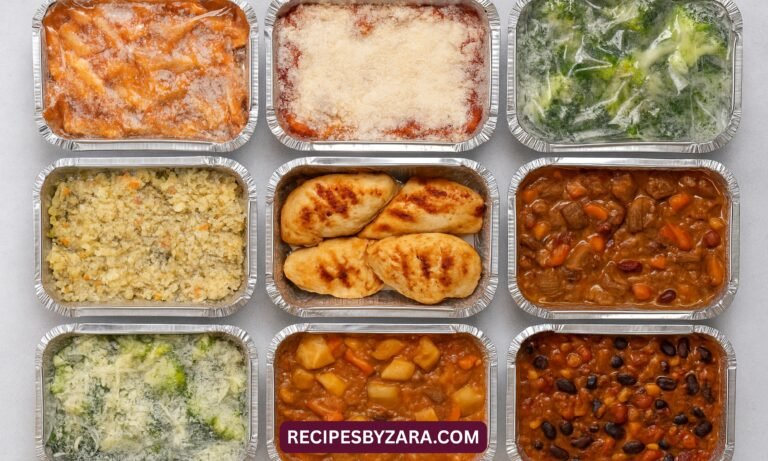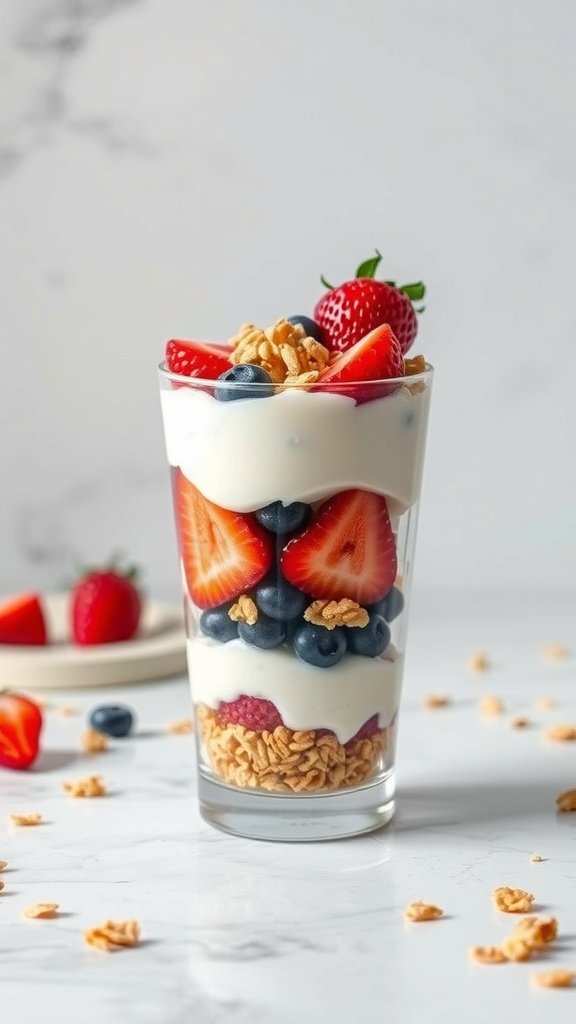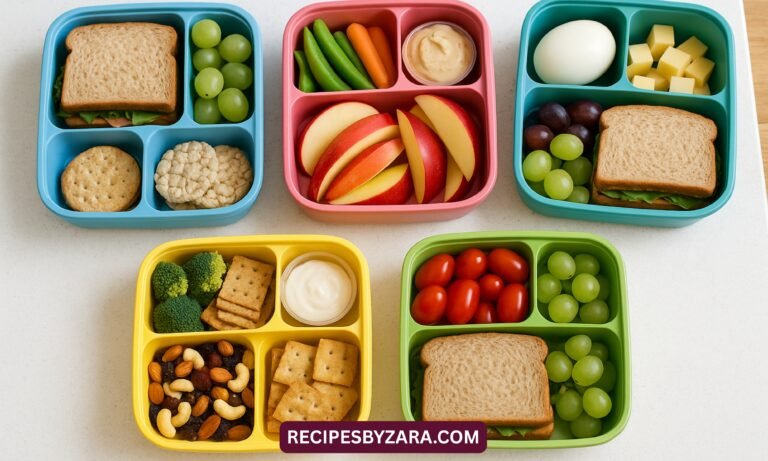Meal Prep for Gym Build Muscle Burn Fat and Boost Performance with Smart Nutrition
Fuel your workouts and speed up recovery with smart meal prep for the gym. Learn how to plan high-protein, balanced meals for muscle gain, fat loss, and consistent energy throughout your training week.
Preparing meals ahead of time is one of the most effective strategies for supporting your fitness goals. Whether you’re working out to build muscle, lose fat, or simply improve your health, meal prep for the gym ensures that your nutrition stays consistent and aligned with your workouts. It helps you avoid impulsive eating, manage portion sizes, and stay energized throughout the day.
Incorporating meal prep into your fitness routine removes the guesswork around food and replaces it with a structured, results-driven approach. With planned meals, you can track macros, avoid skipping meals, and make better use of your time. Having meals ready means fewer temptations and more progress toward your fitness goals.
This guide will walk you through the key principles of effective gym-focused meal prep, from what to eat before and after workouts to a full 5-day prep plan. You’ll also learn about nutrient timing, budget-friendly grocery tips, and how to avoid common mistakes so you can achieve lasting success.
1. Why Meal Prep Matters for Gym Performance
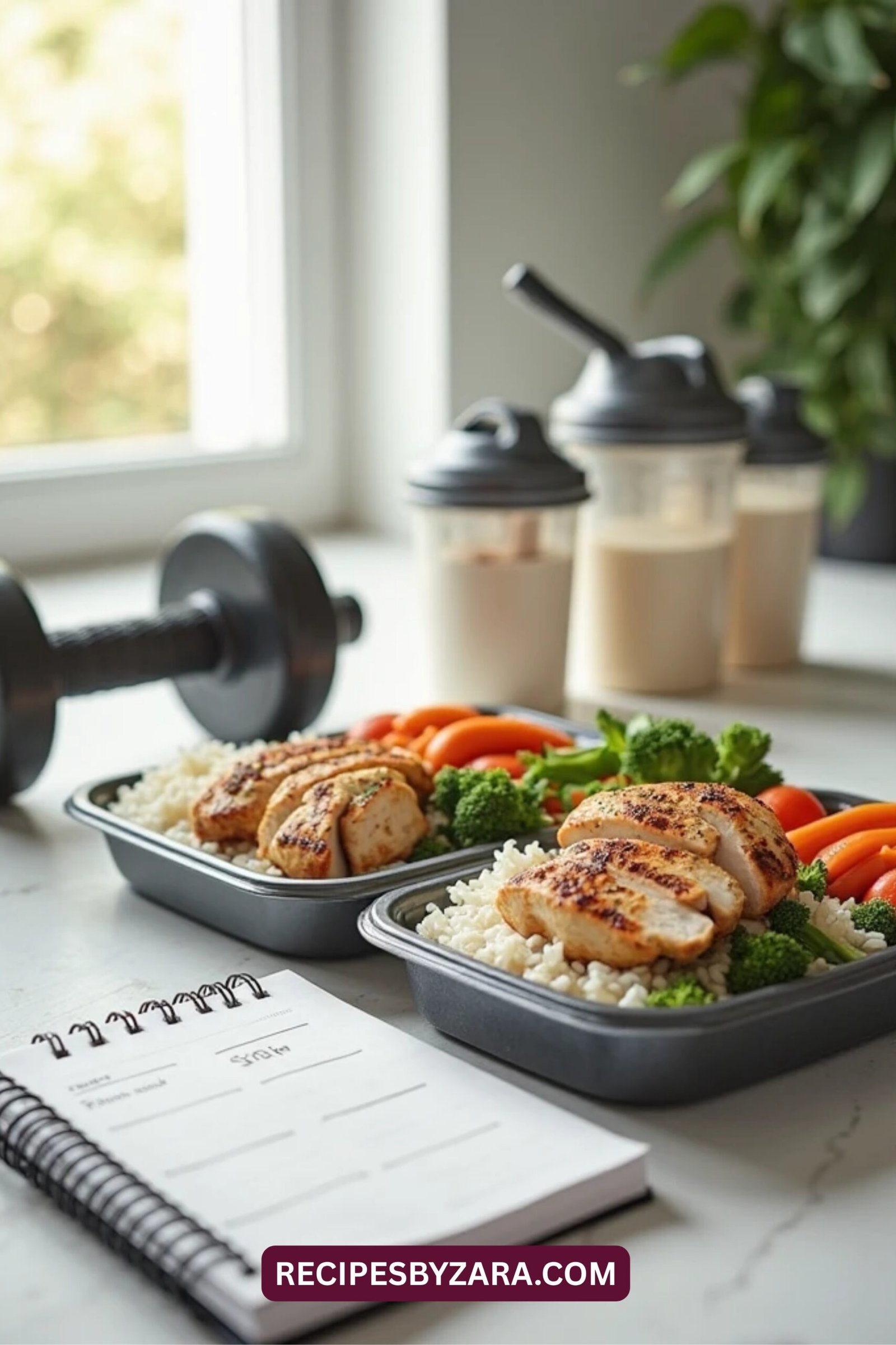
Meal prep for the gym helps remove excuses. When your meals are already prepped, you’re less likely to reach for junk food or miss meals altogether. This is especially important if you train regularly and want to maintain a consistent calorie and macronutrient intake. Prepping meals in advance keeps your energy stable and supports both physical and mental performance.
Nutrition plays a huge role in training results. If you’re under-eating, over-snacking, or skipping meals, your workouts suffer. Prepping food allows you to fuel properly, stay focused during exercise, and recover faster afterward. This consistent approach is key for improving strength, endurance, and body composition.
Another benefit is time savings. A few hours of batch cooking can free up several hours during the week. Instead of worrying about what to eat, you can just heat and eat. This is ideal for anyone juggling gym time with work, school, or family responsibilities.
Lastly, meal prep supports portion control. It’s easy to overeat when you’re cooking on the spot or snacking between meals. With portioned containers, you eat exactly what your body needs no more, no less. This discipline helps you stay on track with cutting, bulking, or maintenance phases.
2. Key Nutrients to Focus on for Gym Meal Prep
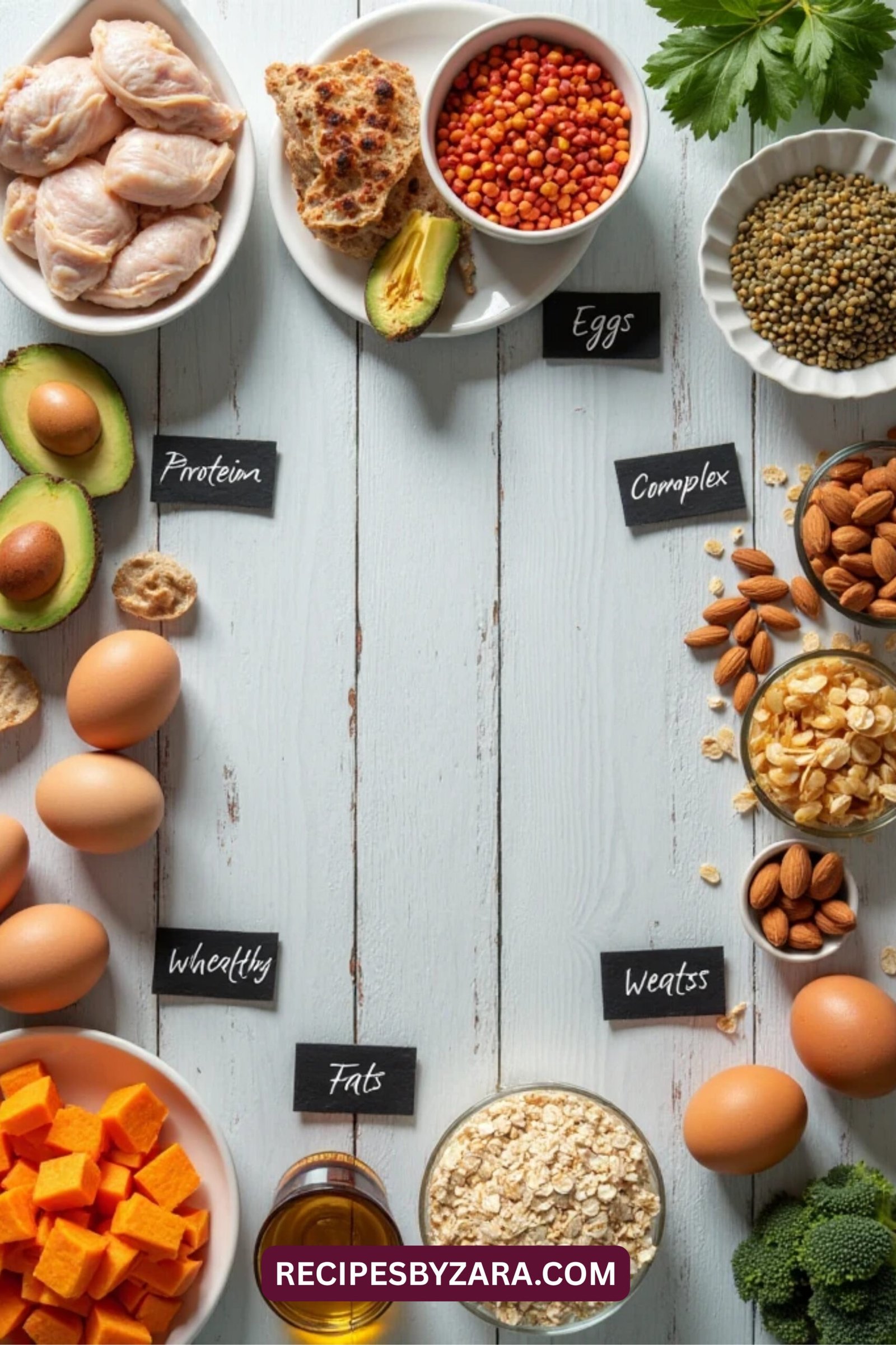
To get the most out of your training, every meal should be built around the right balance of protein, carbs, and fats. Protein is essential for muscle repair and growth. Carbs provide the energy needed for intense workouts. Fats help regulate hormones and support overall recovery.
Aim for about 20–40 grams of protein per meal depending on your body size and goals. Popular protein sources for gym meals include chicken breast, turkey, eggs, tofu, lentils, and Greek yogurt. Including a variety ensures you’re getting all the essential amino acids your muscles need.
Complex carbohydrates like brown rice, quinoa, oats, and sweet potatoes provide long-lasting energy. They’re especially important in meals eaten before workouts. Pairing these with lean proteins helps stabilize blood sugar and keeps your energy up during training.
Don’t forget healthy fats. Avocado, olive oil, nuts, and seeds offer omega-3s and other essential fatty acids. These fats support joint health, hormone production, and help you stay fuller longer. Balancing these three macros ensures that every meal is optimized for gym performance and recovery.
3. Pre-Workout and Post-Workout Meal Prep Essentials
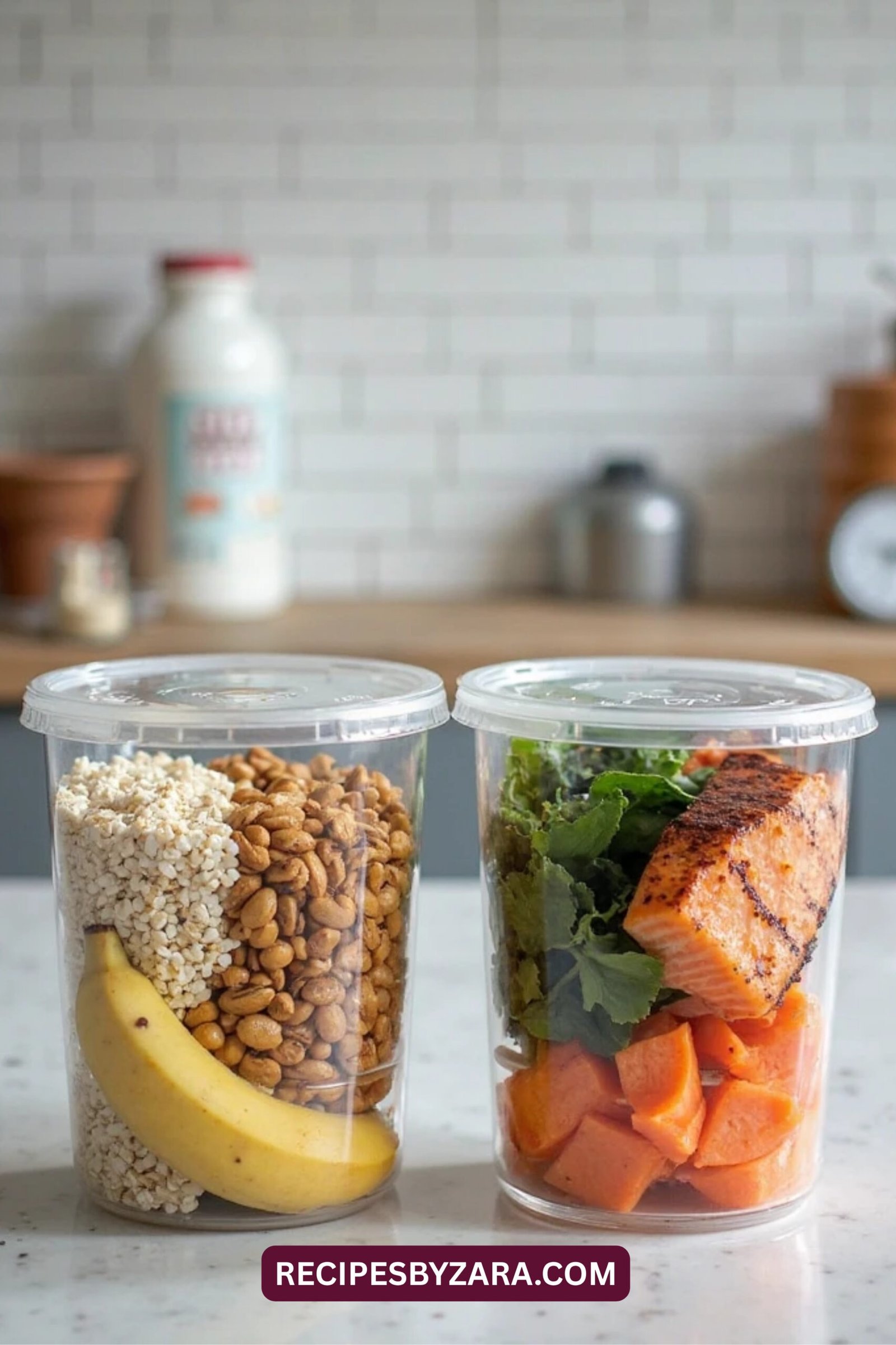
What you eat before a workout fuels your session. A solid pre-workout meal should contain moderate protein, healthy carbs, and little fat for quick digestion. Options like oats with banana and protein powder, or rice with chicken and vegetables, are excellent choices when eaten 1–2 hours before training.
Post-workout nutrition is critical for recovery. After exercising, your muscles are depleted and need nutrients to repair and grow. A post-workout meal should include high-quality protein and fast-digesting carbs. Great options include a protein smoothie with berries and oats, or grilled salmon with sweet potatoes.
For those training in the morning, a light pre-workout snack like a banana and a boiled egg works well. Afterward, follow it up with a full meal that includes protein, carbs, and some fat. Timing is important to eat within 30–60 minutes post-exercise to maximize recovery.
Batch prepping these meals ahead of time ensures you’re never caught off guard. Keep pre- and post-workout containers labeled and easy to grab from the fridge. This guarantees you’re fueling your body properly every day you train.
4. Best Protein-Packed Meals for Muscle Growth
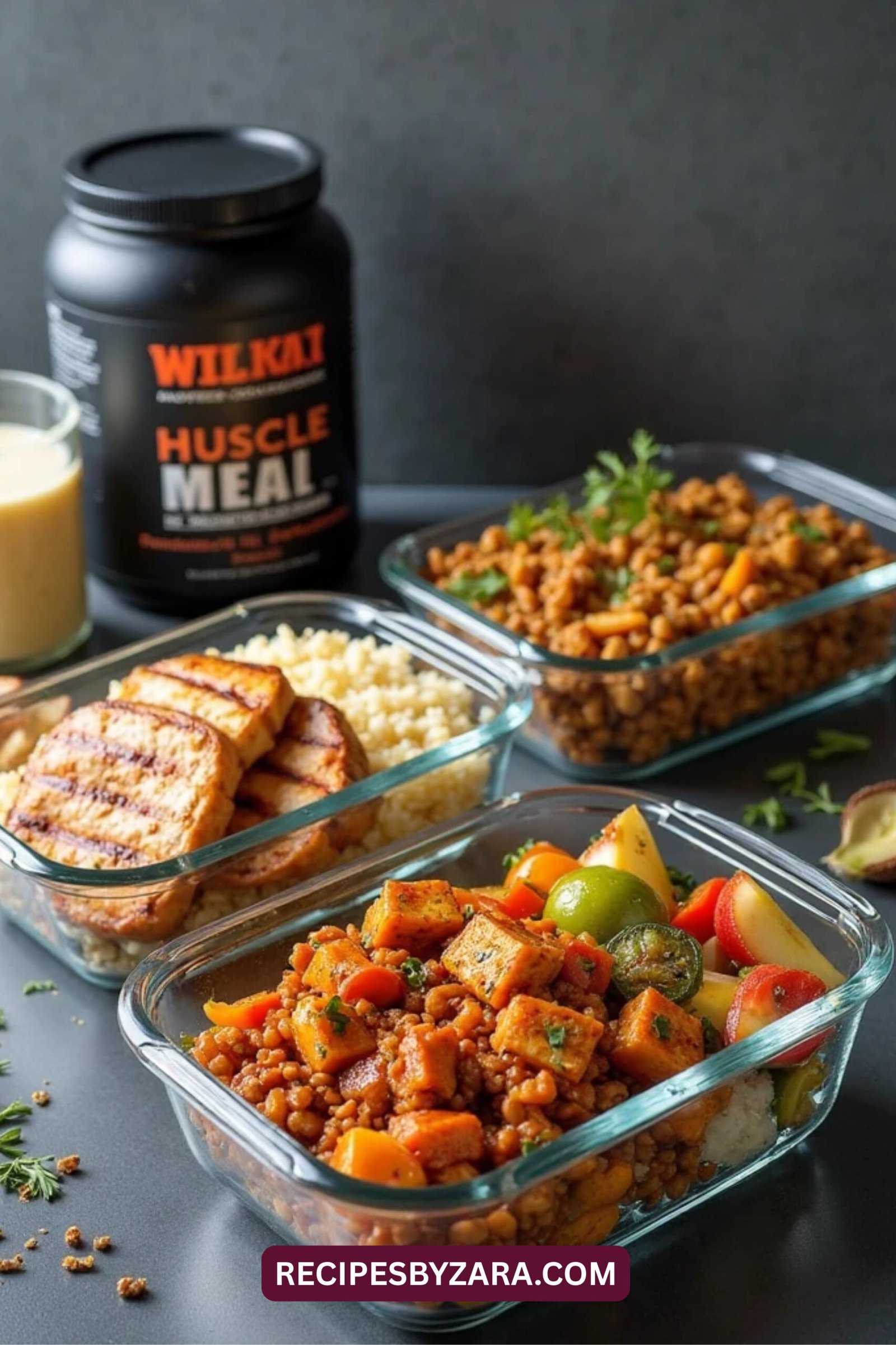
Building muscle requires consistent intake of high-protein meals. These meals should be nutrient-dense and portioned based on your training intensity. Grilled chicken breast with quinoa and steamed broccoli is a classic muscle-building meal that never fails.
Vegetarians and vegans can enjoy lentil curry with brown rice, tofu stir-fry with mixed vegetables, or chickpea salad with tahini dressing. Plant-based proteins are slightly lower in amino acid density, so it’s important to combine sources for full nutritional coverage.
Don’t overlook variety. Try swapping chicken with lean beef or salmon, or alternating your carb base from rice to sweet potato or couscous. This keeps your meals interesting and helps you stick with your plan. Use herbs and spices to add flavor without extra calories.
Adding a protein shake to your meal plan can also help if you’re struggling to hit your target intake. Just be sure to focus on whole foods first, and use shakes as a convenient supplement not a replacement for real meals.
5. Meal Prep for Fat Loss and Lean Muscle
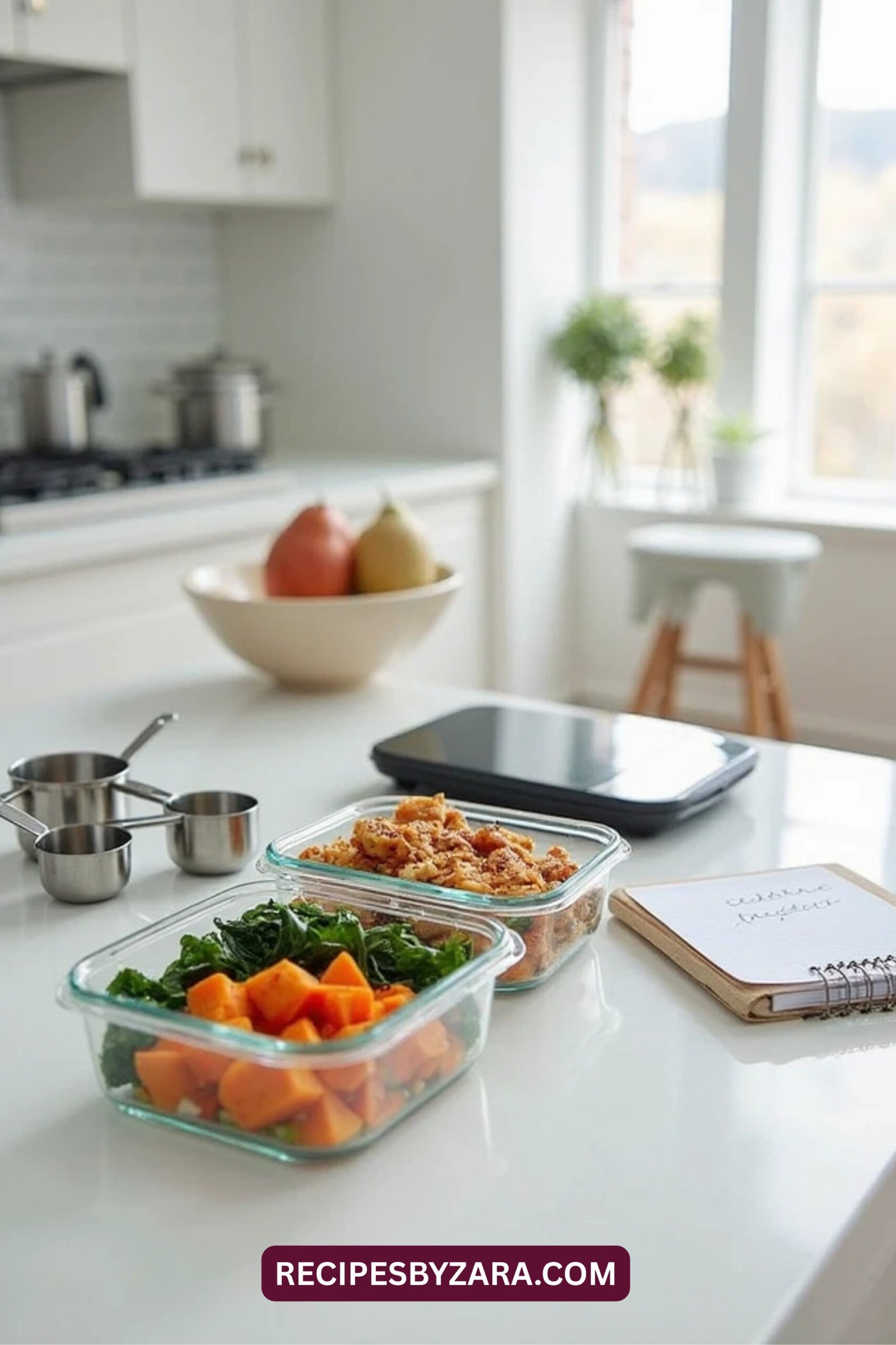
If your goal is fat loss, meal prep for the gym becomes even more important. The key is to create meals that are high in protein and fiber, but moderate to low in calories. Foods like grilled chicken, steamed greens, and roasted sweet potatoes are great for cutting while preserving muscle.
Controlling portion sizes is essential. Weighing your ingredients ensures you’re eating within your calorie range. Use smaller containers to avoid overeating, and include low-calorie flavor boosters like lemon juice, vinegar, or mustard instead of high-fat sauces.
Low-carb options like zucchini noodles with ground turkey, cauliflower rice stir-fry, or turkey lettuce wraps are ideal for people on a cutting phase. These meals keep you full and energized while maintaining a caloric deficit for fat loss.
Even during a fat loss phase, don’t completely eliminate carbs. Your body still needs them for performance and recovery. Focus on eating carbs around your workouts and prioritizing protein in all other meals for best results.
6. Gym Meal Prep for Busy Schedules
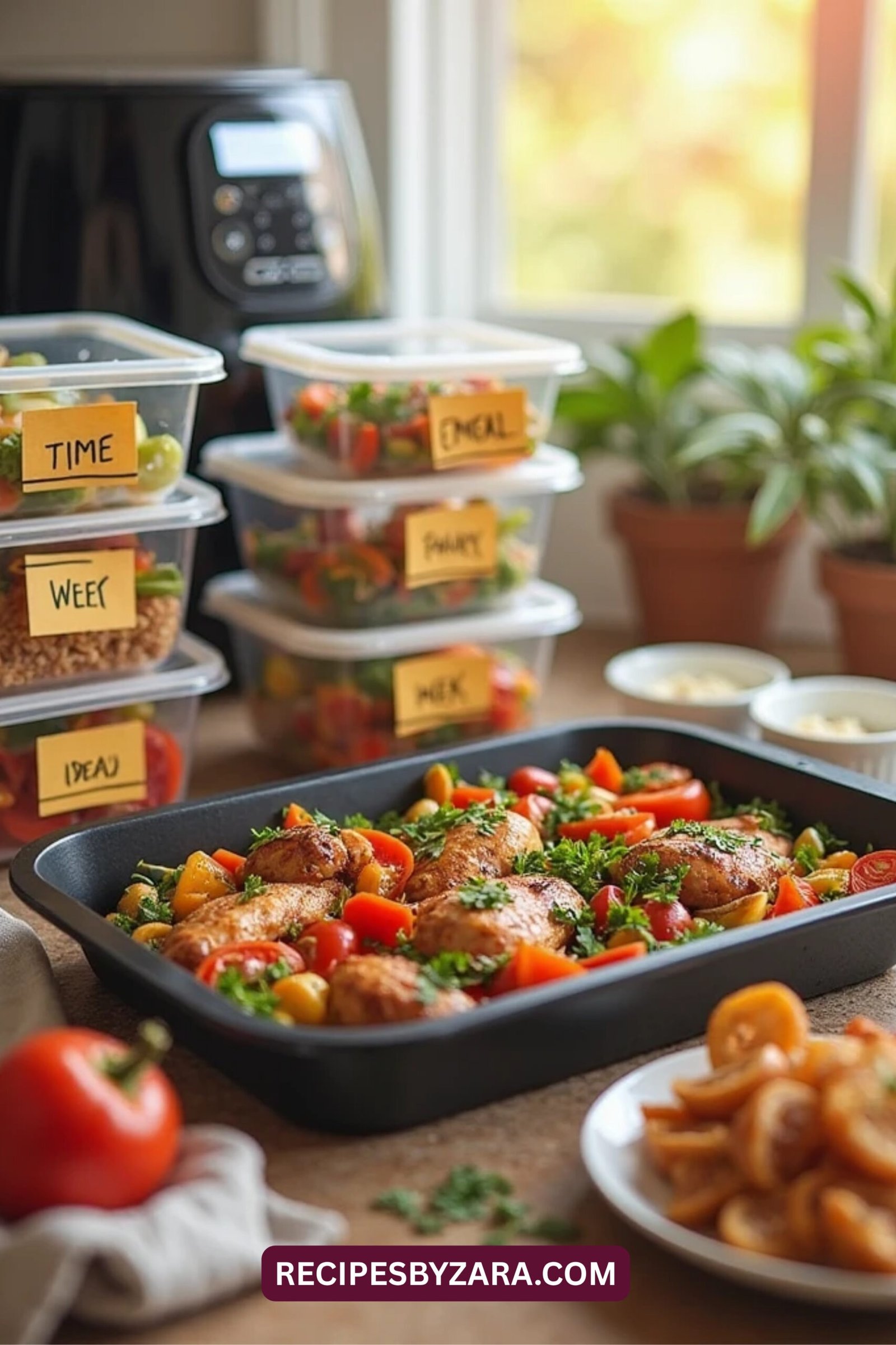
Even with a hectic life, you can still prep healthy gym meals. The key is efficiency. Choose recipes that require minimal chopping and can cook in one pan or pot. Sheet pan meals, slow cooker recipes, and air fryer dishes are perfect for quick, high-volume cooking.
Batch cook proteins like grilled chicken, ground turkey, or baked tofu. Store them in the fridge and mix with different sides each day like rice, quinoa, or steamed veggies. This lets you create multiple meals from a few ingredients without extra effort.
Use weekends to prep for the week ahead. Allocate 1–2 hours to cook proteins, grains, and roast vegetables. Store meals in portioned containers and freeze extras for later in the week. This method makes it easy to stick to your gym plan even when time is tight.
Prep breakfasts and snacks too. Overnight oats, boiled eggs, protein muffins, and smoothie bags can all be made in advance. Having every meal readynot just lunch or dinner keeps your nutrition consistent from morning to night.
7. Grocery Shopping List for Gym Meal Prep
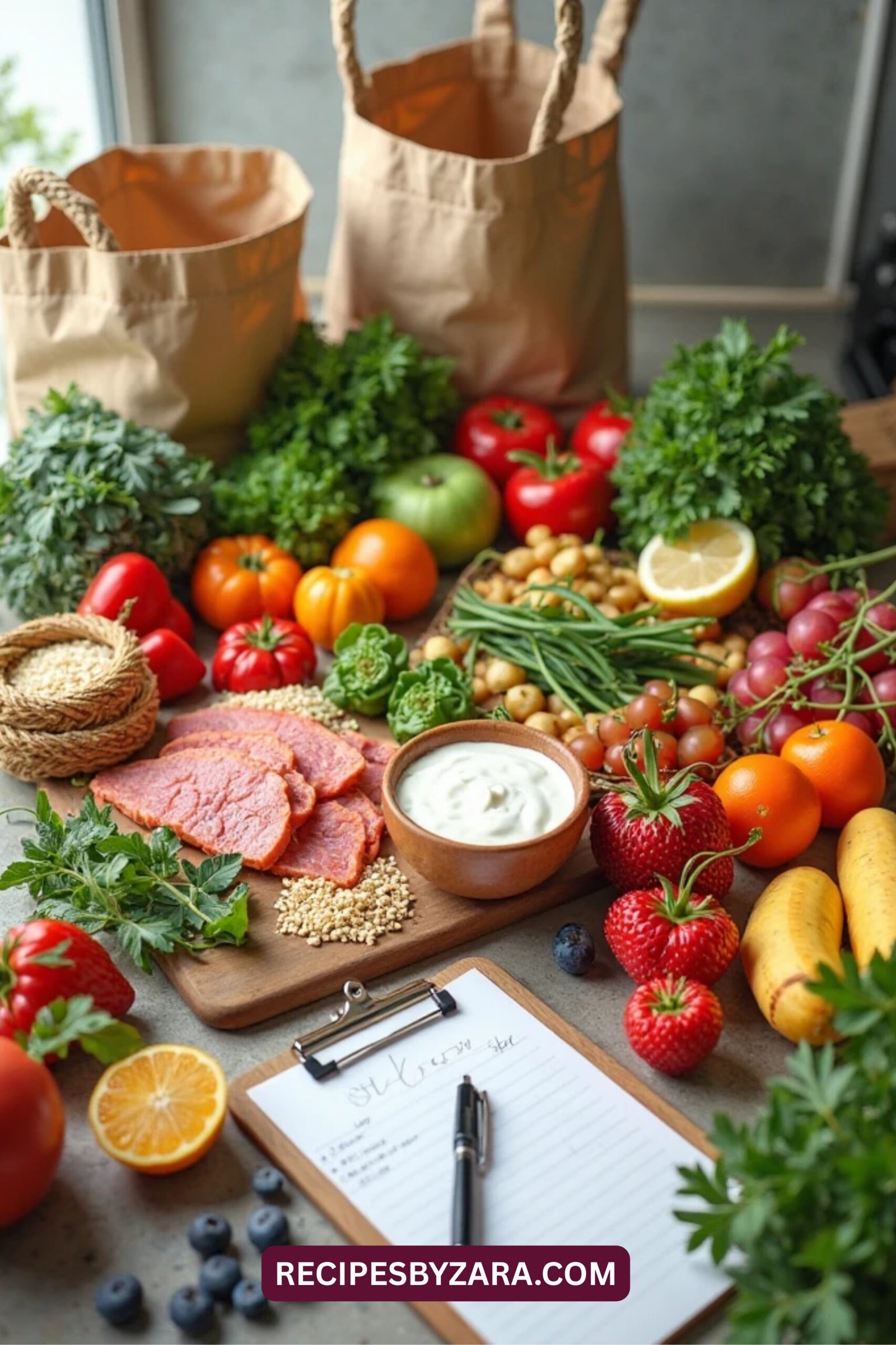
Your grocery list should focus on lean proteins, complex carbohydrates, healthy fats, and plenty of vegetables. Good protein options include chicken breast, ground turkey, salmon, tofu, eggs, lentils, and Greek yogurt. These form the base of most gym meal prep ideas.
For carbohydrates, choose brown rice, sweet potatoes, oats, quinoa, whole grain pasta, and beans. These options provide long-lasting energy and support glycogen replenishment after workouts. Combine them with a variety of colorful vegetables like spinach, broccoli, bell peppers, and carrots.
Healthy fats should also be on your list. Avocados, almonds, olive oil, flax seeds, and peanut butter are all gym-friendly sources of essential fats. These support hormone production, brain function, and joint health.
Keep staple seasonings like garlic powder, black pepper, paprika, and dried herbs on hand to make your meals flavorful. Having a stocked kitchen makes it easier to commit to prepping and avoid impulsive food choices throughout the week.
8. Mistakes to Avoid in Gym-Focused Meal Prep
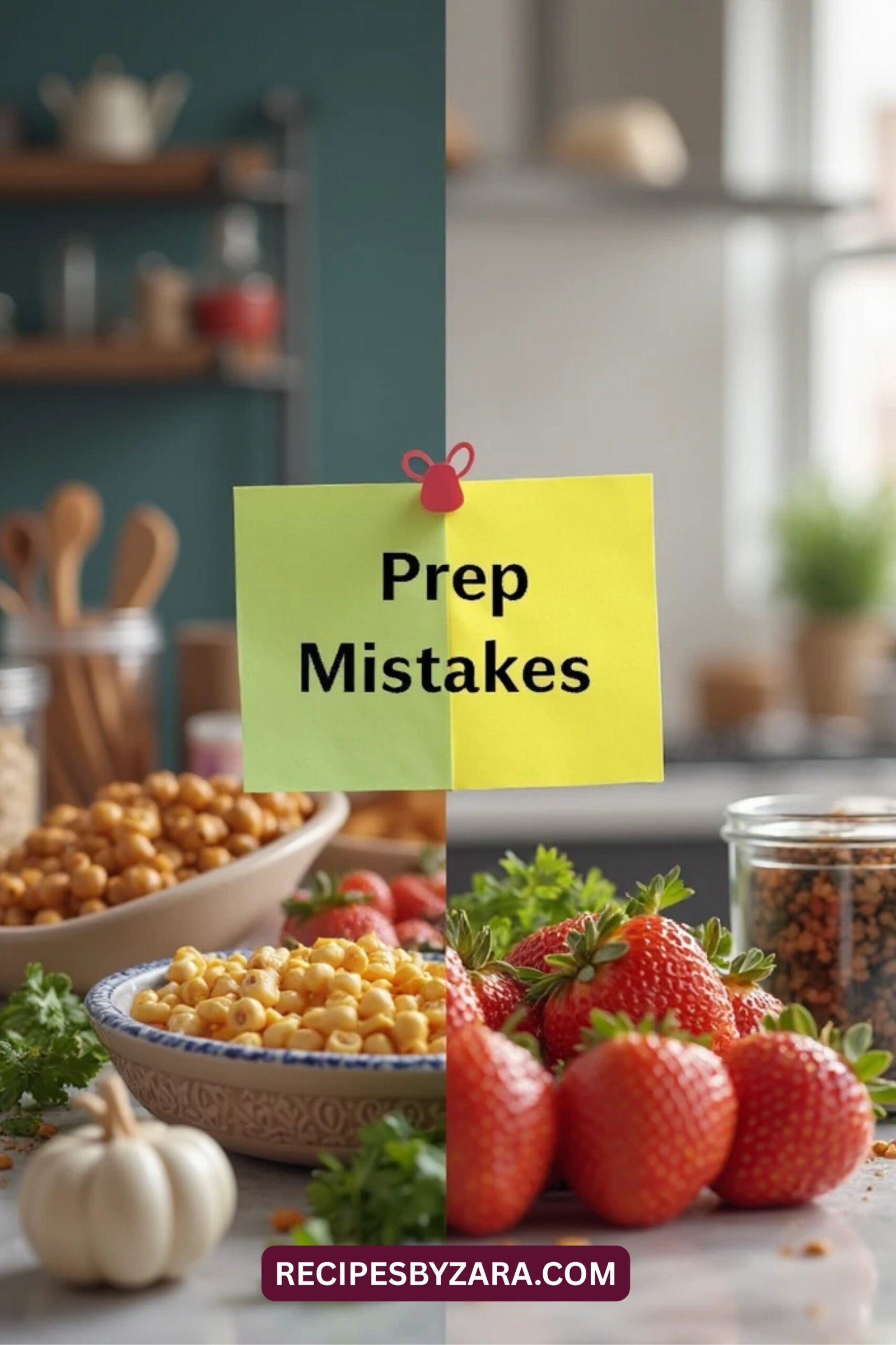
One of the most common mistakes is overeating “healthy” food. Even clean meals can lead to weight gain if portions are too large. Use a food scale to track your macros and stay within your calorie target based on your gym goal.
Another issue is skipping carbs. Many people fear carbs when cutting, but carbs are essential for energy and recovery. Just be strategic, eat more carbs before and after workouts, and taper them down in meals when you’re less active.
Not rotating your meals is also a mistake. Eating the same thing every day leads to boredom and eventual burnout. Rotate your protein sources, change up your vegetables, and use different seasonings to keep your palate interested and your nutrition balanced.
Lastly, ignoring micronutrients can hurt your progress. Make sure you’re getting enough vitamins and minerals through a variety of vegetables and fruits. Don’t rely solely on meat and riceyour body needs color, fiber, and antioxidants too.
9. Tools and Containers That Make Gym Meal Prep Easier
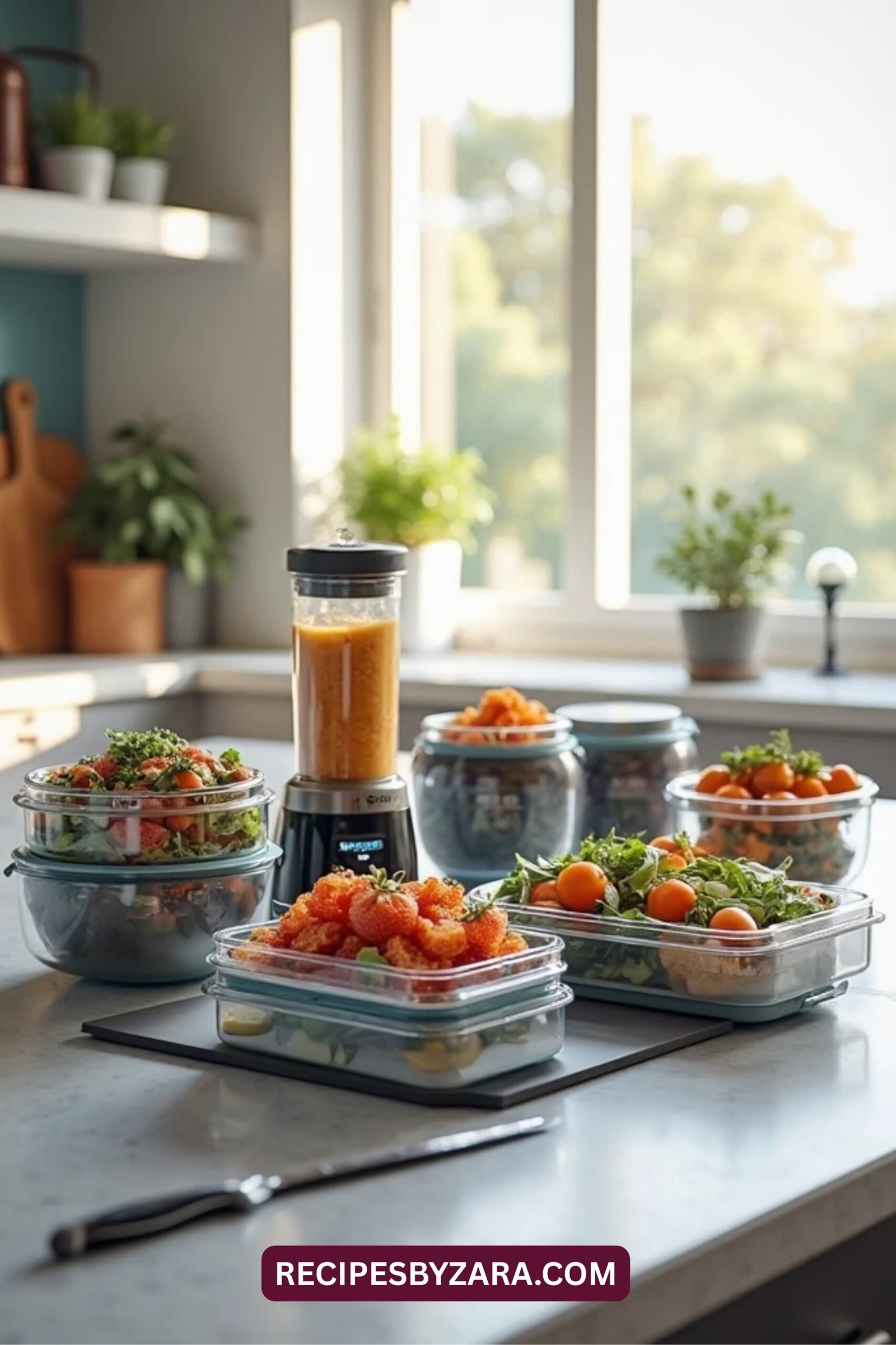
Meal prep is much easier with the right equipment. Start with a set of BPA-free, microwave-safe containers. Choose ones with separate compartments to keep ingredients from mixing. These are ideal for prepping full meals and storing leftovers.
A food scale is essential for measuring portion sizes accurately. It ensures you’re hitting your calorie and macronutrient targets, whether you’re cutting, bulking, or maintaining. Measuring cups, airtight jars, and reusable snack bags also help with organization.
Use kitchen tools that reduce prep time. A rice cooker, slow cooker, blender, and air fryer are excellent for bulk meal prep. These devices cook food faster and allow you to multitask while preparing your meals.
Staying organized is the secret to consistency. Label your meals with the day and time they’re meant to be eaten. Store your most perishable meals at the front of the fridge and freeze extras for later in the week. A smooth prep system keeps you on track effortlessly.
10. Sample 5-Day Meal Prep Plan for Gym Goals
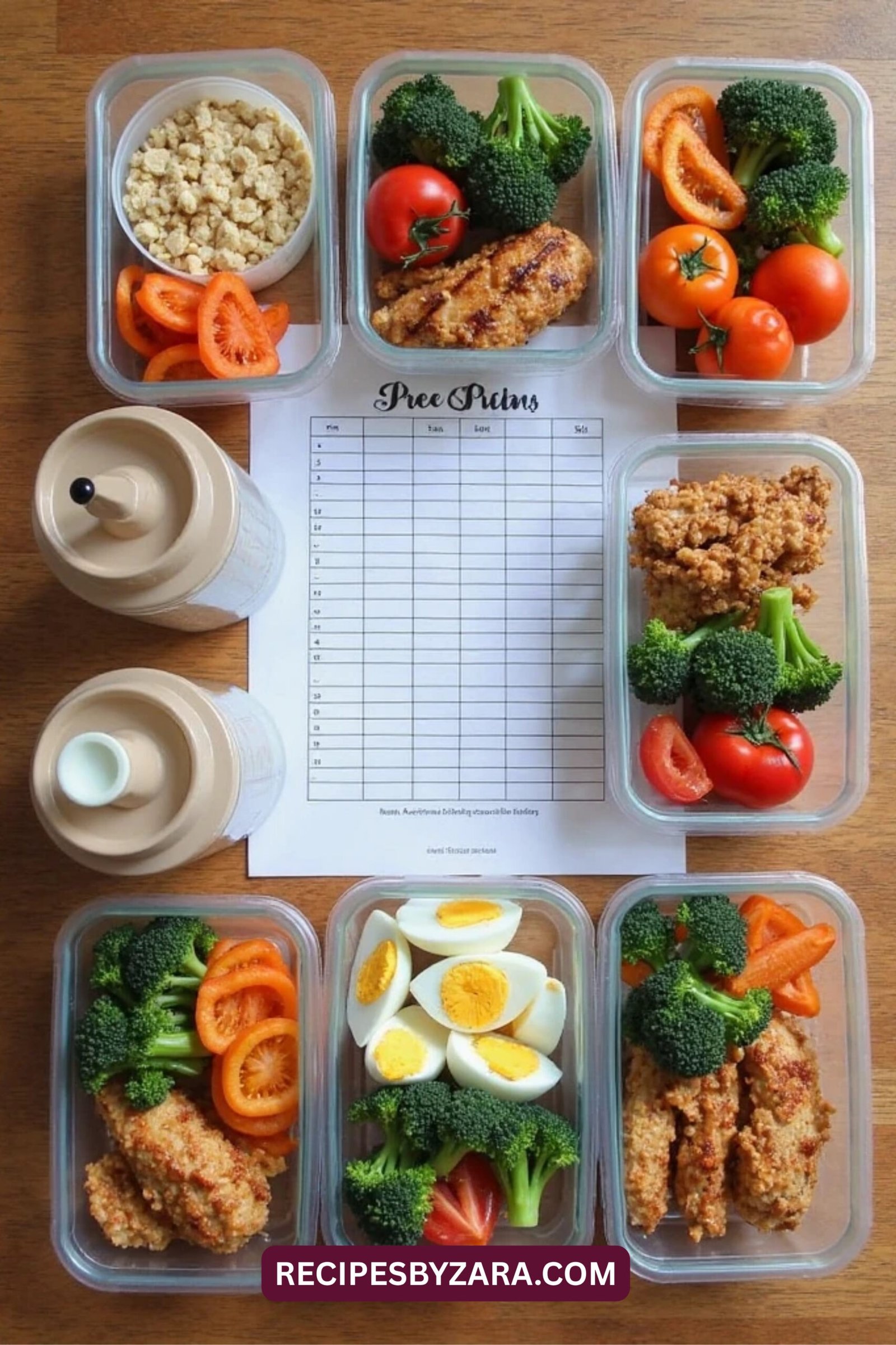
Here’s a simple 5-day meal prep for gym plan that balances protein, carbs, and fats for muscle growth or fat loss depending on portion sizes. It includes breakfast, lunch, dinner, and a snack.
Breakfast: Overnight oats with protein powder, almond milk, banana, and chia seeds.
Lunch: Grilled chicken with brown rice, roasted vegetables, and avocado.
Dinner: Baked salmon with quinoa, steamed broccoli, and olive oil drizzle.
Snack: Boiled eggs or a protein shake with almonds.
You can adjust this plan based on your calorie and macro needs. For bulking, increase portions and add higher-calorie snacks like peanut butter toast or Greek yogurt. For cutting, reduce carbs slightly and increase vegetables to stay full.
Prepare meals in batches every Sunday or Monday. Cook enough to last at least 3–5 days and freeze extras. Store snacks in grab-and-go containers so you always have fuel when hunger strikes.
Following a plan like this takes the stress out of your week. You’ll feel more energized, stay consistent with your workouts, and make steady progress without needing to think about food every day.
Conclusion
Meal prep for the gym is more than just a fitness trendit’s a system for success. By planning your meals in advance, you eliminate guesswork, control your nutrition, and support your training goals with consistency. Whether you want to gain muscle, burn fat, or simply eat healthier, having your meals prepped gives you a competitive edge.
The key to long-term results is sticking with a routine. With high-protein meals, balanced macros, and a streamlined process, you can fuel your workouts and recover properly. The more you prep, the easier it gets and the faster you see results.
Start small and build your system. Even prepping a few meals per week can have a big impact on your training and overall lifestyle. Once you experience the benefits, meal prep for the gym will become an essential part of your fitness journey.
Fuel smart, train hard, and watch your body transform through disciplined, nutritious eating.
FAQs
Q1. How many meals should I prep for the gym week?
Most people benefit from prepping at least 5–10 meals per week, especially lunches and dinners. If your mornings are rushed, prepping breakfast and snacks can also support a balanced routine and better training recovery.
Q2. What’s the best macronutrient ratio for gym meal prep?
A common split is 40% carbs, 30% protein, and 30% fats, but it depends on your goals. Those cutting might lower carbs, while those bulking may increase them. Always focus on whole food sources and nutrient density.
Q3. Is it better to eat before or after a workout?
Both meals are important. Eat carbs and protein 1–2 hours before a workout to fuel performance, and a protein-rich meal within 60 minutes after to kickstart muscle repair and glycogen replenishment.
Q4. Can vegetarians or vegans still prep effective gym meals?
Absolutely. Use protein-rich plant foods like tofu, tempeh, chickpeas, lentils, and quinoa. Combine them smartly to meet protein targets and balance your macros with healthy fats and slow carbs.
Q5. How long does gym meal prep food last in the fridge?
Prepped meals typically stay fresh for 3–5 days if stored in airtight containers. Freeze meals for longer storage and thaw them in the fridge overnight when ready to eat the next day.
